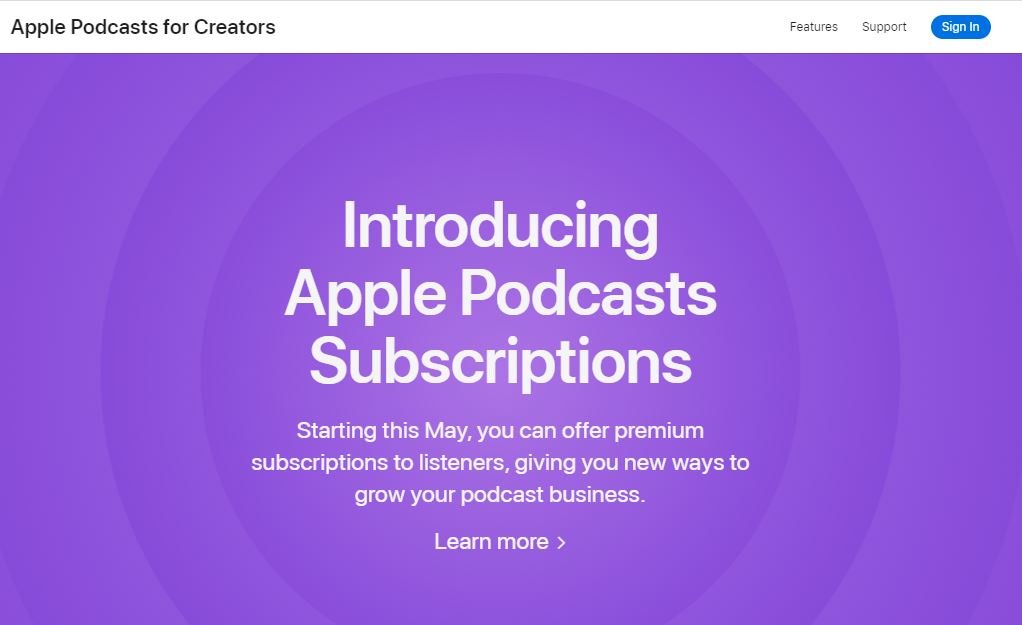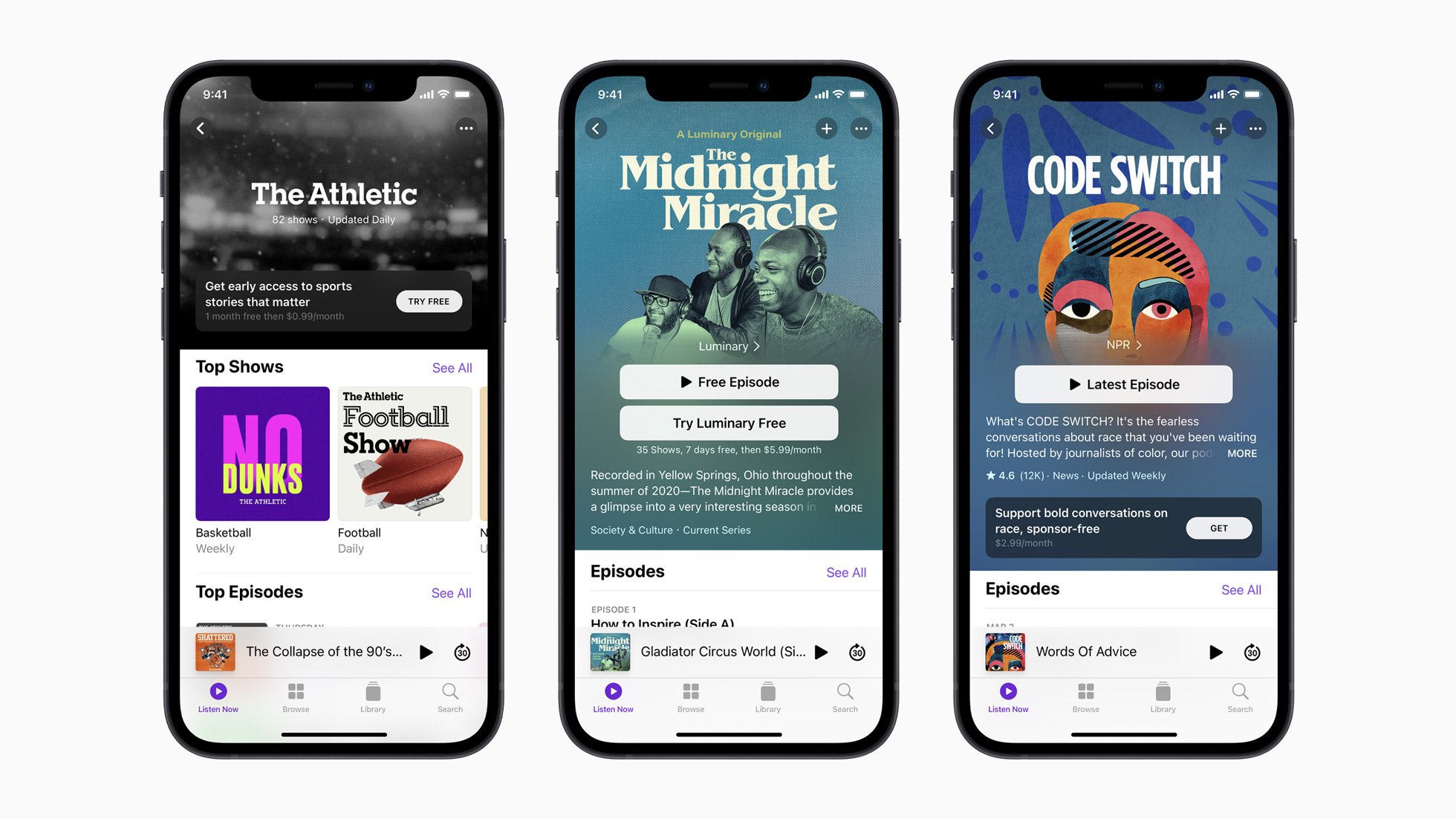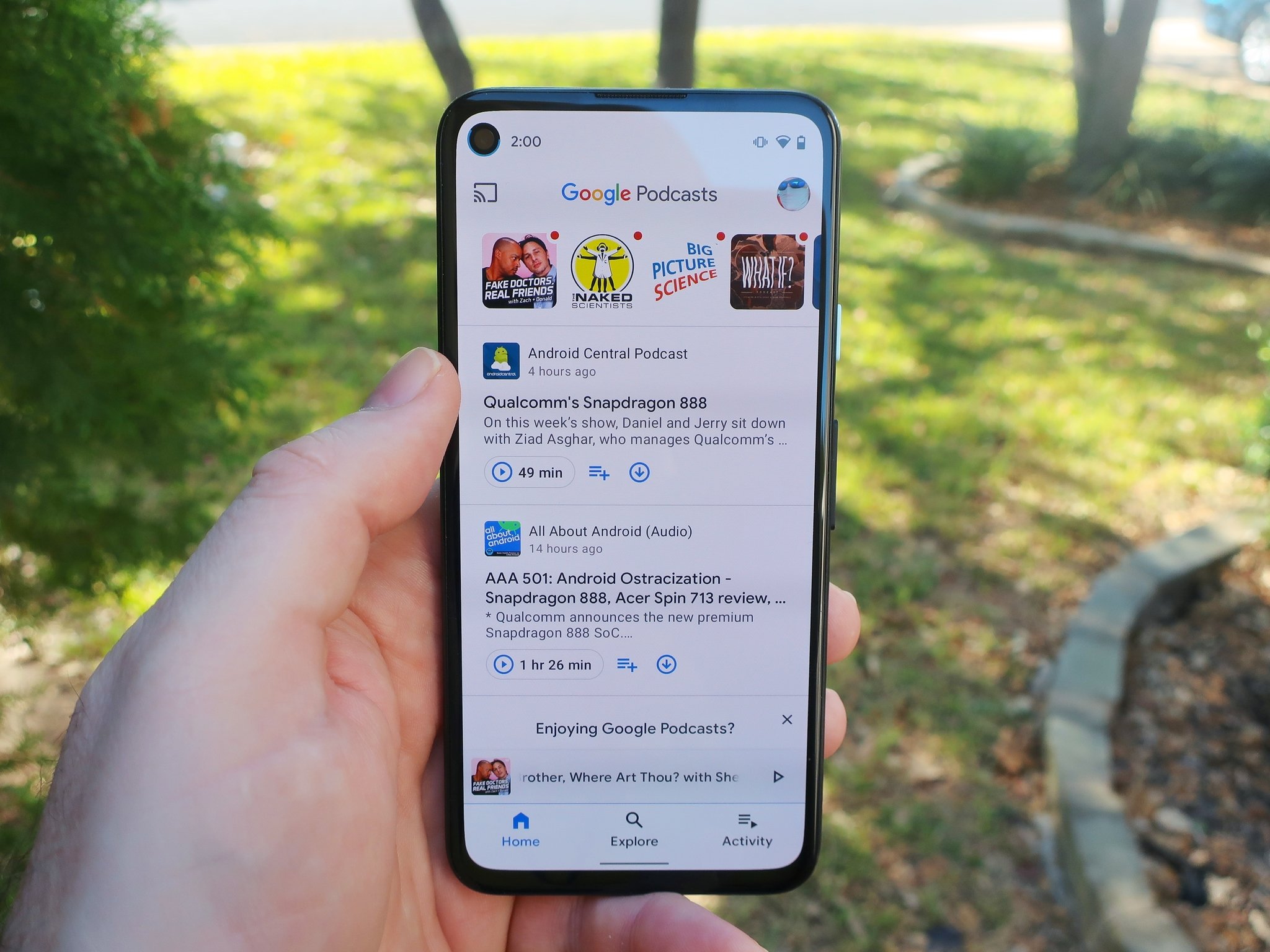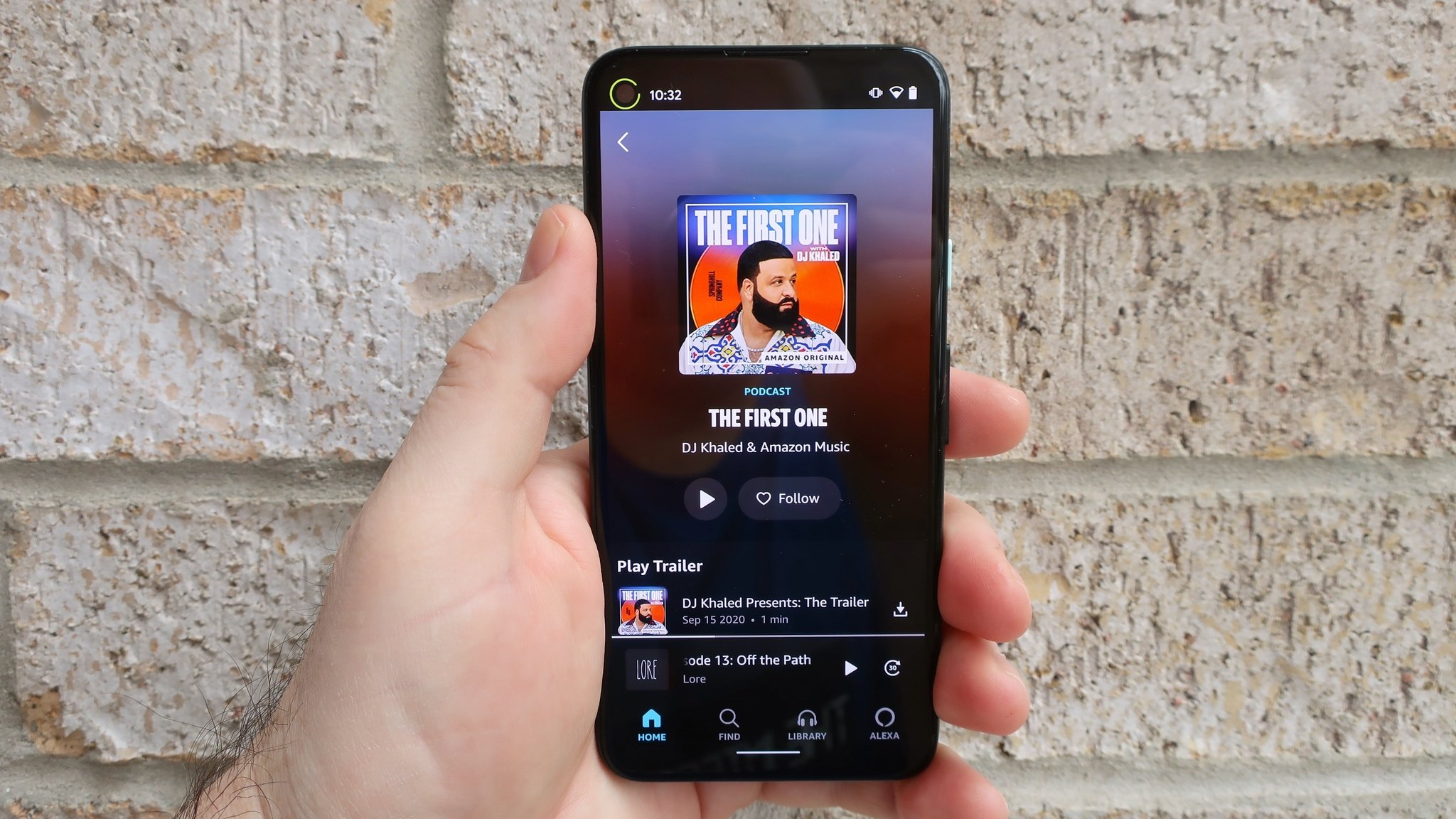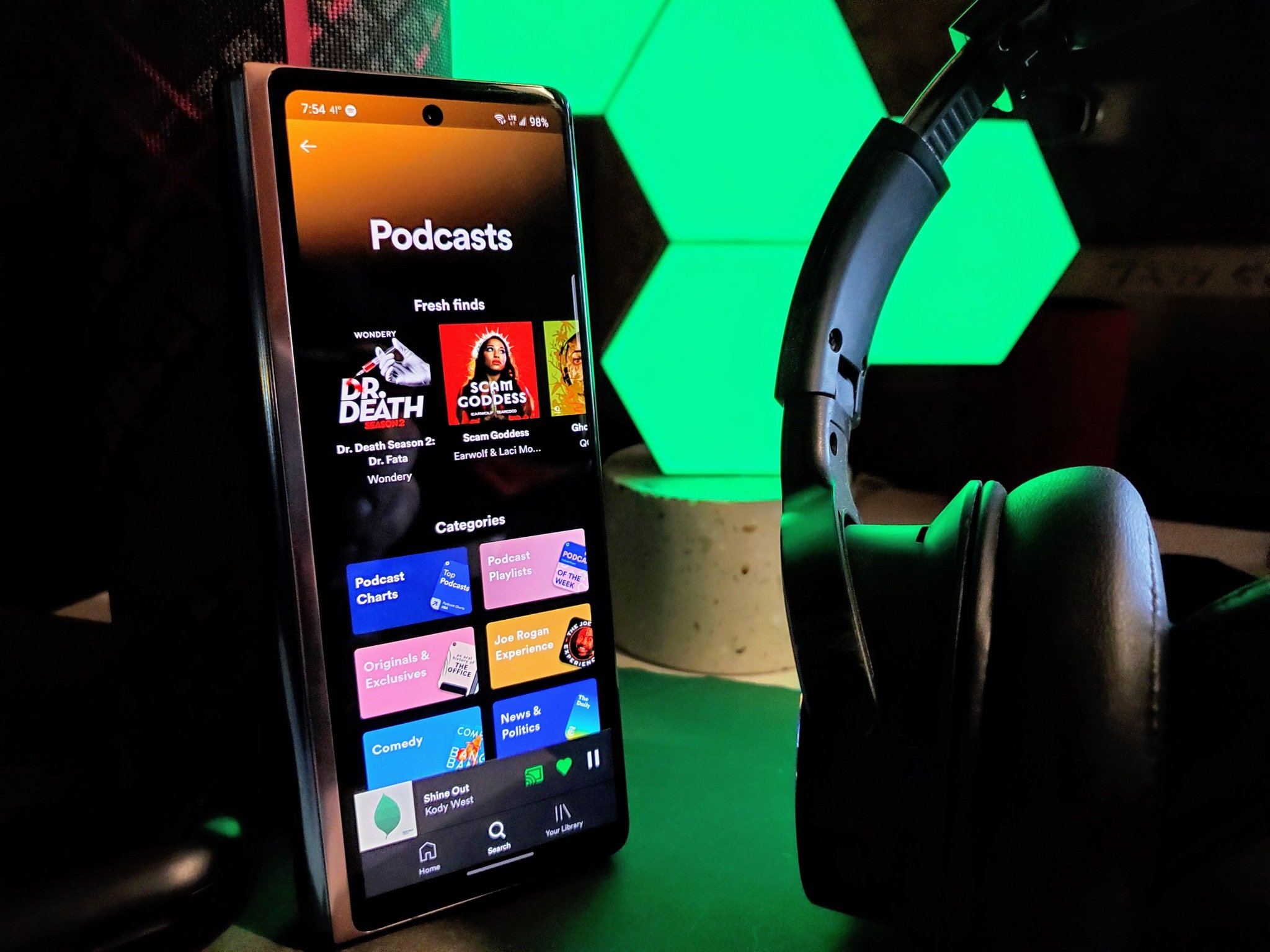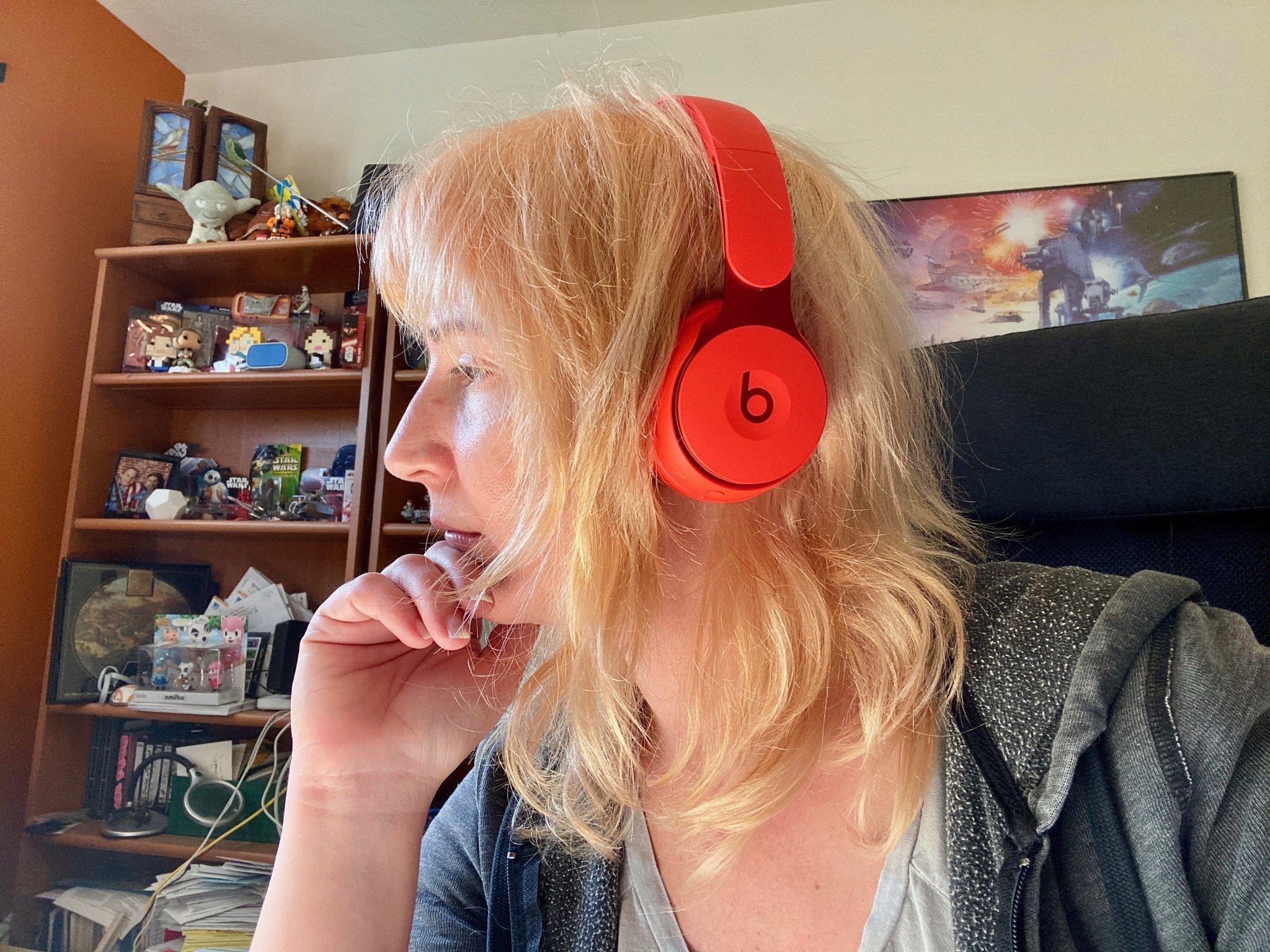Paying podcasting forward
Apple announced several new products and services at its Spring Loaded event this week, including an updated Apple TV 4K, new colorful iMacs, and a new iPad Pro powered by Apple's desktop-grade M1 SOC. Aside from all of that pretty hardware, though, one of the most interesting announcements (at least, in my opinion) and one of the most widely-anticipated (save for AirTags), was Apple's new Podcast Subscriptions service. While a paid podcasting platform may have been expected, the form in which it was unveiled might not have been. So what exactly is Apple Podcast Subscriptions, and how does it stack up vs. premium options from competitors?
What is Apple Podcast Subscriptions
Ever since Apple helped popularize the podcasting genre (and its iPod music players even lent part of their name to the concept), iTunes, and later Apple Podcasts, has served as the most popular place to access this plethora of content. Even better, podcasts have largely been free to consumers, with creators relying on advertising revenue and other supplementary methods as sources of income. Now that podcasts have become such a popular medium, there are more opportunities than ever for indie creators and larger publishers to make money from their content.
Enter Apple Podcast Subscriptions – why not Podcasts+? Who knows! Essentially, this is both a platform (for creators) and a paid service (for consumers). It allows podcasters to earn money by developing premium content and enticements, and it allows consumers to support their favorite creators and shows directly.
For $20/year, podcast creators will be able to participate in the Apple Podcasting Program, which will get them access to all the tools and analytics that they need to develop successful subscription programs. The podcasters get to decide how much to charge and what kinds of content and tiers to offer, including free, freemium, and paid options. Freemium and paid options could include ad-free podcasts, trailers and teasers, early access or archive access, exclusive content, and even serial content. Creators will also be able to curate their own podcast channels.
If this kind of support model sounds familiar, it's probably because you recognize it from sites like Patreon or YouTube Channel Memberships. It is interesting because it means that a podcast can earn more money based on how successful it is. This model may also be attractive to listeners, as they only pay to support the shows they truly love and don't necessarily miss out on what they don't want.
How others are making money on podcasting
It is not yet clear if Apple will bring the new Apple Podcasts app and Podcast Subscriptions to Android, but it wouldn't be unprecedented. After all, Apple Music has been on Android from day one; technically, before there even was an Apple Music, it was Beats Music. It makes perfect sense that Apple would want to spread out the potential to earn service revenue on other operating systems and in other ecosystems. Heck, you can already access Apple Podcasts from third-party devices like the best Alexa speakers. Regardless, there are already several competing monetization methods among the best podcast apps on Android like Google Podcasts, Amazon Music, and Spotify, Amazon Music.
Let's start with the simplest. Google Podcasts is available on Android, iOS, and the web and is free to download and listen to. It doesn't currently offer any monetization options for podcast creators (other than their own in-episode ads). However, Google being Google, it hoovers up user data that it can then use for later ad personalization and targeting, which of course is how it makes the majority of its money. Google Podcasts does not currently produce or support its own original programming, though the door always remains open for such a possibility in the future.
Amazon Music and Audible approach making money from podcasts in a slightly different manner. Podcasts are freely available to all listeners (so long as the creator has uploaded them to Amazon's directory), but a listener does have to use the Amazon Music app or web portal if they want to be able to listen to one of Amazon's original podcast series that it has produced, or which it has acquired from its recent acquisition of Wondery.
As far as the creators' monetization options, they are still able to include their own in-episode ads (which they arrange directly or through an ad network), and the hosts involved with Amazon originals are compensated directly by Amazon.
Lastly, we come to Spotify. Like Amazon, Spotify has been busy the past few years buying up podcast publishers like Gimlet Media and Parcast in order to bolster its catalog of original content. Spotify, of course, offers listeners both premium and ad-supported subscription options, and all podcasts on Spotify are freely available to listeners at all tiers. However, as with Amazon, most of this original content can only be heard on Spotify and not on another podcast app.
For creators, Spotify offers a fairly comprehensive set of tools to help both amateurs and professionals create, edit, distribute and even monetize their content.
Aside from the tools linked to above, Spotify also owns Anchor.fm. Anchor.fm launched as a phone-based app that let anyone easily create and distribute their own podcasts, but it also includes analytics, performance tools, and monetization options like the ability to earn ad revenue with no minimal listenership, the ability to do your own ad reads, and even the ability to raise funds directly from listeners. In addition to Patreon, these tools and services are what Apple's Podcast Subscriptions is in direct competition with.
What it all means for listeners
Apple may have popularized podcasts over a decade and a half ago, but it has been very slow to try to monetize the ecosystem for creators or for itself. While some companies like Luminary have tried to create premium podcasts and put them behind a paywall, the rest of the industry sought to incentivize new users to subscribe to their apps by making their original content only available on their respective services.
Models that helped creators support themselves and their content have been around and have been successful (see Patreon and Anchor as examples), but Apple's move into this realm could really move the needle for content producers. But questions remain. Will it be good for everyone involved, including listeners? Will Apple run roughshod over other competitors like Patreon and Anchor?
What do you think about Apple Podcast Subscriptions? If you have an Apple device, do you think you'll subscribe to your favorite creators there?
Listen to the AC Podcast!
Regardless of which podcast player or service you prefer, be sure to subscribe so that you don't miss the next Android Central Podcast!
Source: androidcentral
